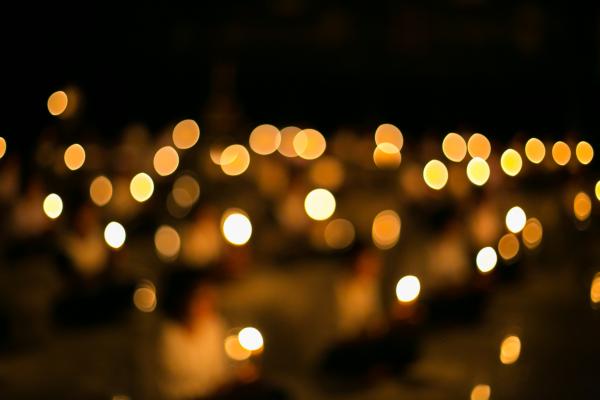May 24, 2018
As we got the word out to Christians across the United States and beyond about tonight’s Reclaiming Jesus service and candlelight procession to the White House gates (which you can live stream on the Sojourners Facebook page starting at 7 p.m. EDT), I just loved the question that came from some of the people planning to come on Thursday night. “Do we need to bring our own candles?” (For the record, we are providing candles for up to 1,000 participants — and if there are more, candle aps on smart phones or flash lights will suffice!
Read the Full Article

Already a subscriber? Login
